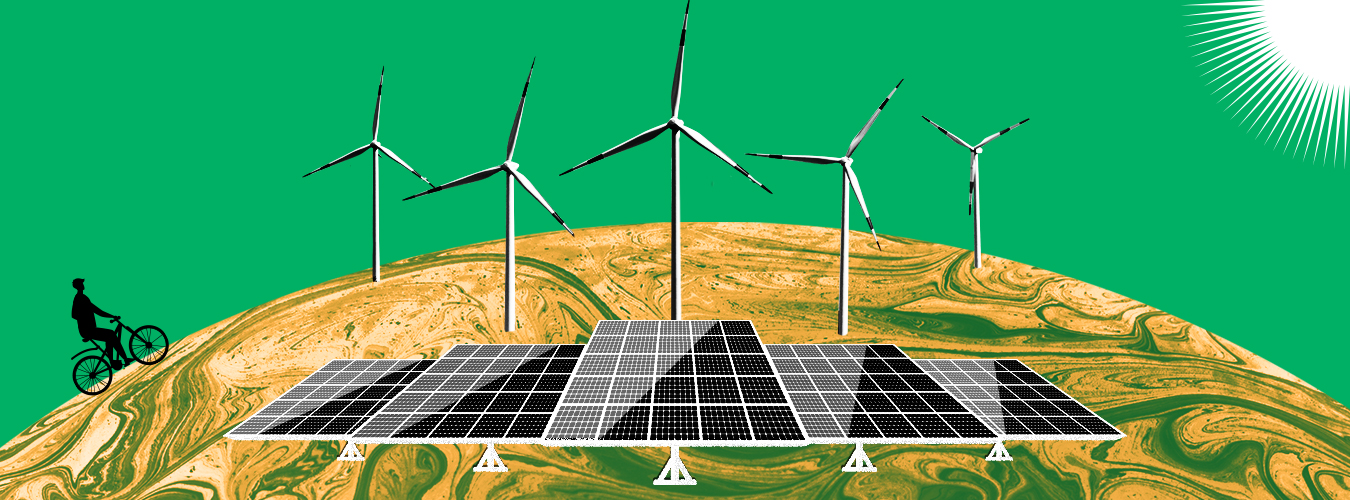Clean energy remains a critical focus for global development, especially as nations strive to combat climate change. The United Nations plays a pivotal role in advancing these objectives through coordinated efforts, partnerships, and policy advocacy. From supporting renewable infrastructure projects to facilitating international cooperation, the UN channels resources and expertise to accelerate the transition towards sustainable power sources. Its initiatives target not only environmental benefits but also social and economic improvements by creating jobs and enhancing energy access worldwide. Ultimately, these collective actions are crucial in shaping a greener future aligned with global climate commitments.
UN’s Strategic Framework Accelerates Green Transition
The organization’s strategy incorporates clear targets and mechanisms to drive investment in sustainable energy. It collaborates with governments, private sectors, and civil society to align national policies with international environmental standards. Moreover, the UN promotes innovation by funding research and development initiatives aimed at improving energy efficiency and expanding clean energy technologies. By doing so, it helps countries overcome barriers related to financing, infrastructure, and technical capacity. As a result, many developing nations receive vital support that enhances their ability to deploy clean energy solutions at scale.
Global Partnerships Strengthen Clean Energy Initiatives
Integral to the UN’s efforts are its partnerships with financial institutions and development agencies. These collaborations mobilize significant capital flows toward sustainable energy projects, ensuring adequate funding for implementation and maintenance. Additionally, knowledge-sharing platforms and capacity-building programs empower local communities and stakeholders to actively participate in energy transitions. The UN also monitors progress through rigorous reporting and evaluation systems, fostering transparency and accountability among participating nations. Consequently, such collaborative frameworks encourage the adoption of best practices, accelerating worldwide progress in meeting climate targets.
Future Prospects for International Energy Collaboration
Looking ahead, the emphasis on renewable energy cooperation is expected to intensify, driven by increasing climate urgency and technological advancements. The UN continues to champion integrated approaches that combine environmental sustainability with socio-economic development. By reinforcing commitments through global summits and agreements, it maintains momentum for continuous improvement. Furthermore, emerging technologies and digital innovations offer new opportunities to optimize energy systems and reduce emissions. These developments position the international community to tackle challenges more effectively while striving for equitable access to clean energy for all populations.
